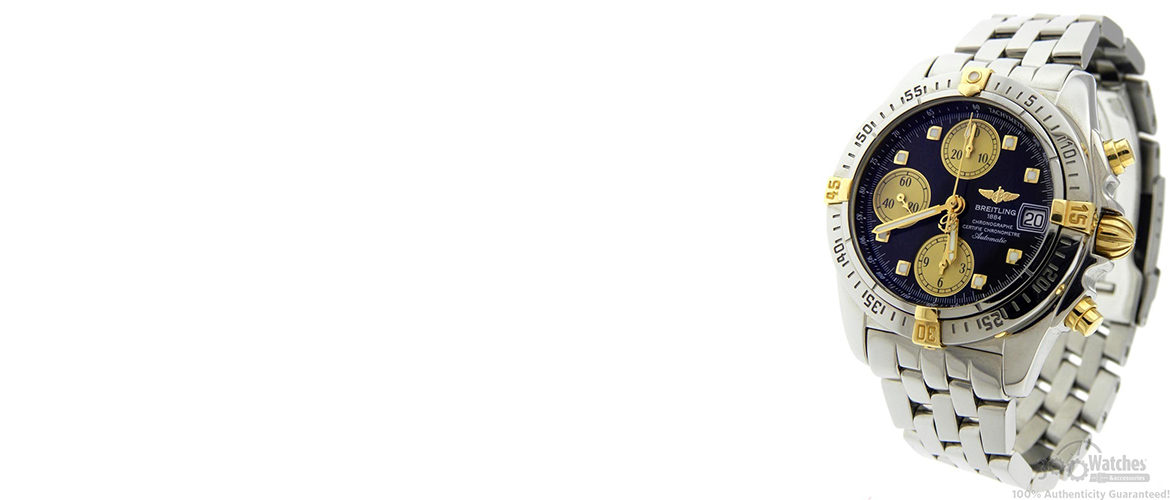How Is The Value of a Luxury Watch Determined?

It may sound a little blunt, but the real value of a luxury watch is determined by what someone is willing to pay for it. There is a base value that is calculated by experts and that should be an approximate price, but the value itself is relative.
Things like brand and model, serial number, age, movements, complications, condition and materials are some of the factors that will influence that base price.
You must first get the serial number of the watch to determine its make and model. The problem is that sometimes, to get the serial number, the watch has to be opened and that may void the warranty. If you are not willing to risk it, you can research online to find all the details about your watch, or you can check the “Complete Price Guide to Watches” by Cooksey Shugart, Tom Engle and Richard E. Gilbert.
After you know all the details about your watch, you can then take it to an independent watch seller that really knows its business. Keep in mind that luxury watches, as everything else, depreciate. For your watch to increase its value overtime it would have to be a collectible, a vintage watch or an antique.
The material, of course, is a strong influence on the price of the watch. A titanium watch will have a better value than a gold one, and a gold watch will have better value than a stainless steel one. Of course, diamonds and gemstones also increase the price.
The condition of the watch is also important. Is it working properly? Is it scratched? Is it stained? A good reseller will do the necessary maintenance on the watch before selling it. The complications are also an important factor: the more complications the watch has, the higher the value of the watch.
A luxury watch with the original papers of authentication will have a higher value than one without them. Other things that will increase the value of the watch are the original packaging and if it still is under warranty.
